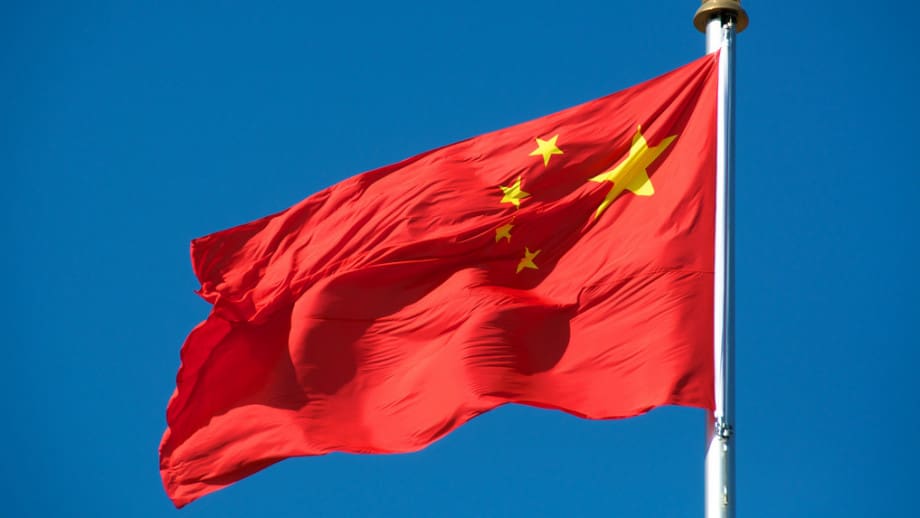WHILE Chinese Government ministers are still refusing to take calls from their Australian counterparts, department-to-department-level communication is continuing as normal, according to officials from the Australian Department of Agriculture, Water and the Environment.
Responding to questioning in Senate Estimates this week, agriculture department officials said work was going on in the background to manage the situation in the wake of rising trade tensions that had seen China target Australia’s agricultural commodities, including slapping a tariff on imports of Australian barley.
 The department’s deputy secretary, David Hazlehurst, said Australian representatives continued to have regular engagement with the relevant Chinese officials, addressing matters that were of concern to the Australian agriculture sector.
The department’s deputy secretary, David Hazlehurst, said Australian representatives continued to have regular engagement with the relevant Chinese officials, addressing matters that were of concern to the Australian agriculture sector.
“Whether it is the meat establishments, for example, or grain exporters including barley exporters, we’re having regular engagement at a technical level with Chinese officials about all that matters and those conversations continue to occur,” he said.
“The exchanges of documentation around specific concerns that the Chinese authorities might have continue to occur, so there is no breakdown in terms of the technical engagement around our regulatory functions.”
Market access
Department secretary, Andrew Metcalfe, said departmental staff in a number of key export markets were working hard on the technical aspects that allowed market access to occur, not only to China but to a range of markets.
“It is true that a significant amount of agricultural trade, about 30 per cent, does go to PRC (People’s Republic of China) and there is a reason for that – there are obviously premium prices paid by Chinese consumers so our exporters have gone to where they can make good money,” he said.
“But given that there are issues amongst a number of commodities, particularly the decision around barley and other areas, we’re working closely with industries to help them realise opportunities in other markets.”
Mr Metcalfe said Australia rejected China’s premise for imposing an import tariff on Australian barley, based on assertions that Australia subsidised its grain and dumped it into the Chinese market.
“We disagree with their conclusions and indeed ABARES has done some work on this issue. Effectively Australia is more or less in the bottom two countries in the OECD when it comes to subsidising agricultural production. In other words, we barely subsidise our industries. Other countries subsidise them far more,” he said.
“So, we reject the issue that our barley is subsidised and that it is dumped. Our barley farmers just produce really good barley in a very efficient manner and therefore we are able to win significant market share.”
Alternative markets
Mr Metcalfe said while Australia was finding alternative markets for its barley, the issue was that the prices paid were significantly less than what China had been paying.
“We’ve had regular dialogue with the grains industry more broadly about alternative markets, so we are working with them on markets such as Vietnam, Indonesia under the IA-CEPA (Indonesia-Australia Comprehensive Economic Partnership Agreement) where there are opportunities and also potentially India.
“There are up to 100 markets to sell barley to. The issue is the price. They were very high premium prices for the malting barley that was going to China.”
Cotton target
Responding to signals from China that it has been discouraging its millers from buying Australian cotton and could impose a 40 per cent tariff on Australian cotton imports, the department’s first assistant secretary, Chris Tinning, said Australia was still trying to clarify the situation.
“We’re seeking clarification from China in relation to cotton and in fact the minister has written to his counterpart to seek clarification as well. We’re doing it through our embassy,” he said.



HAVE YOUR SAY